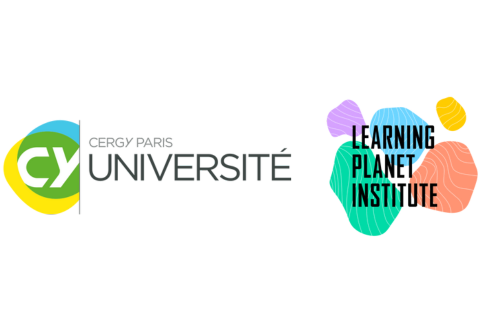Learning Transitions Research Unit (UR LT)
Research projects supporting planetary transitions in the 21st century
The Learning Transitions Research Unit is a joint research unit (UR LT) of CY Cergy Paris University & the Learning Planet Institute.
The general objective is to build scientific theories, methods and tools for developing systemic approaches to planetary transitions, based on interdisciplinarity, citizen science, collective intelligence and Artificial Intelligence (AI).
2023-2024
The UR LT is focusing on four research domains
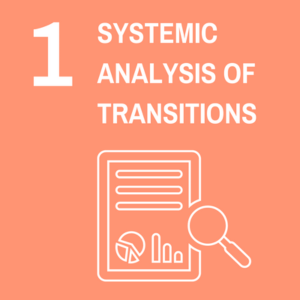
Systemic analysis of transitions…
… adopts an interdisciplinary approach to transitions in order to develop frameworks for systemic analysis and facilitate the transitions chosen. For example, the transition of education as a whole can be studied in terms of dynamics and interactions, in order to identify levers for action and transformation. Similarly, we could study social or technological transitions.
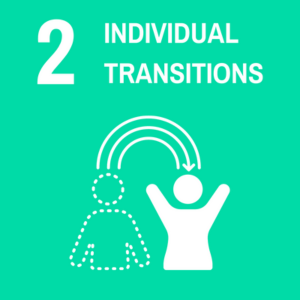
The facilitating of individual transitions…
… aims to support individuals in their transition to the status of “Planetizens” (citizens of the planet), capable of taking care of themselves, others and the planet. Topics of study include citizen science, learning trajectories and the transformation of emotions into action.
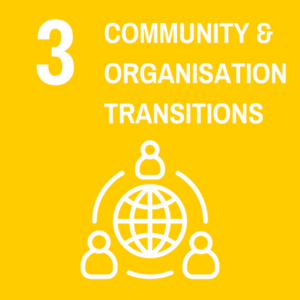
Enabling transitions in communities and organisations…
… involves drawing on the collective intelligence and citizen science of communities and organisations to identify the best methods for the evolution of different types of organisation, in particular universities, schools and other types of organisations working for the general interest.
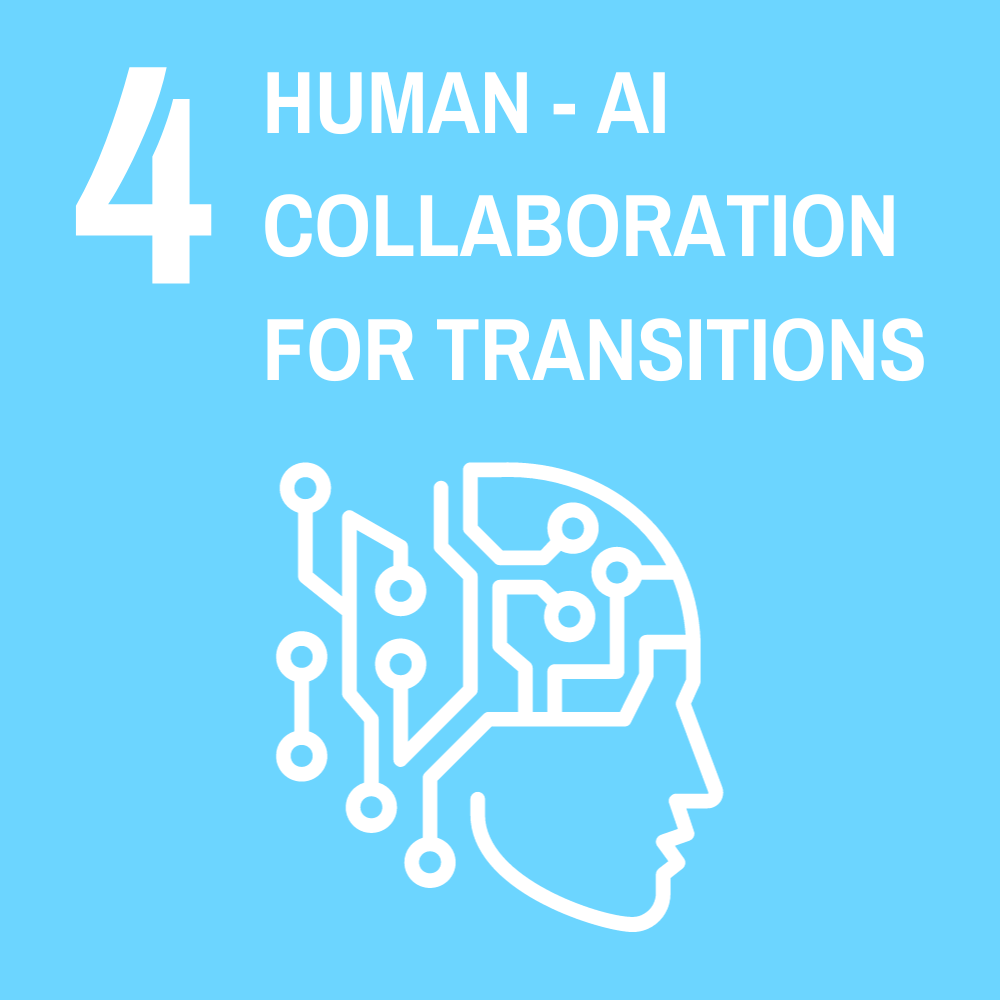
Human-centered Artificial Intelligence for transition…
… is concerned with developing theories, methods and tools for collaboration between humans and machines, in order to address transitions. Topics of interest include governance (Artificial Intelligence (AI) ethics, regulation, open and responsible research and innovation), AI-enhanced collective intelligence, and the creation, transmission and evaluation of knowledge in the AI era.
Researchers joining the UR LT are offered the following benefits
- Access to a network of researchers and, more generally, to a national and international community that shares the same objectives on the challenges of transitions, in particular the “LearningPlanet” Alliance created by UNESCO and the Learning Planet Institute in 2019
- Development of projects with other researchers in the UR LT
- Access to the Learning Planet Institute’s pool of “game changers”students
- Possibility of giving courses to students and offering internships
- Supervision of doctoral students from our interdisciplinary Doctoral School
- Access to our Projects and WeLearn digital platforms
- Access to the resources of a unique campus in the heart of Paris: MakerLab, Amphitheater, Learning Center, etc.
- Participation in scientific events organised by the Learning Planet Institute
Discover some of our research teams
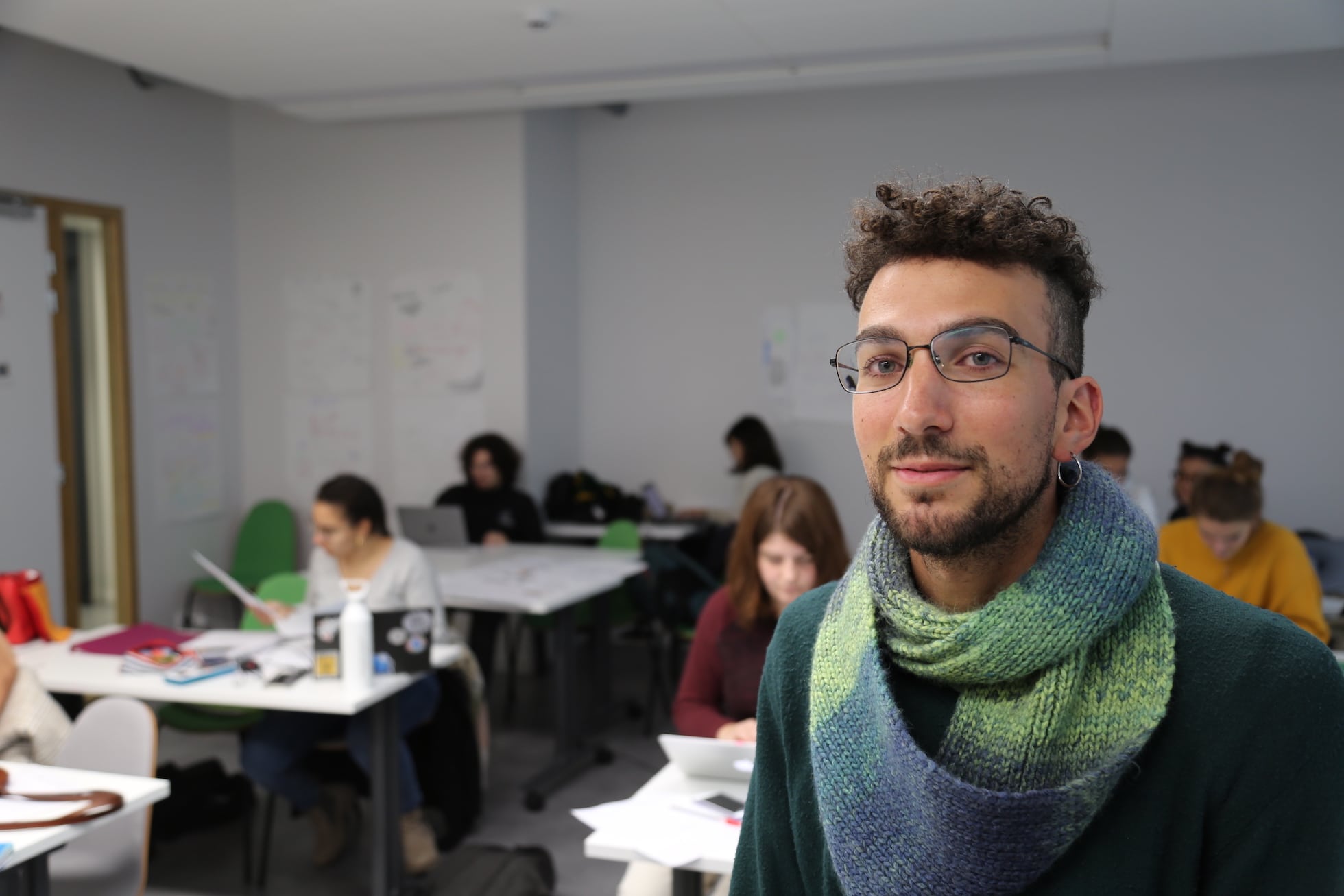
Teachers as Researchers
The programme encourages participatory research in education. Education professionals (teachers, trainers, advisers, school heads, etc.) are supported in conducting their own research into their own educational issues
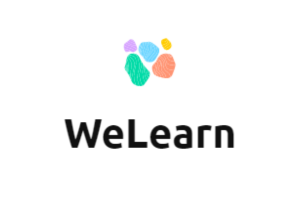
Artificial Intelligence (AI)
WeLearn : An AI platform to help people learn about planetary transitions
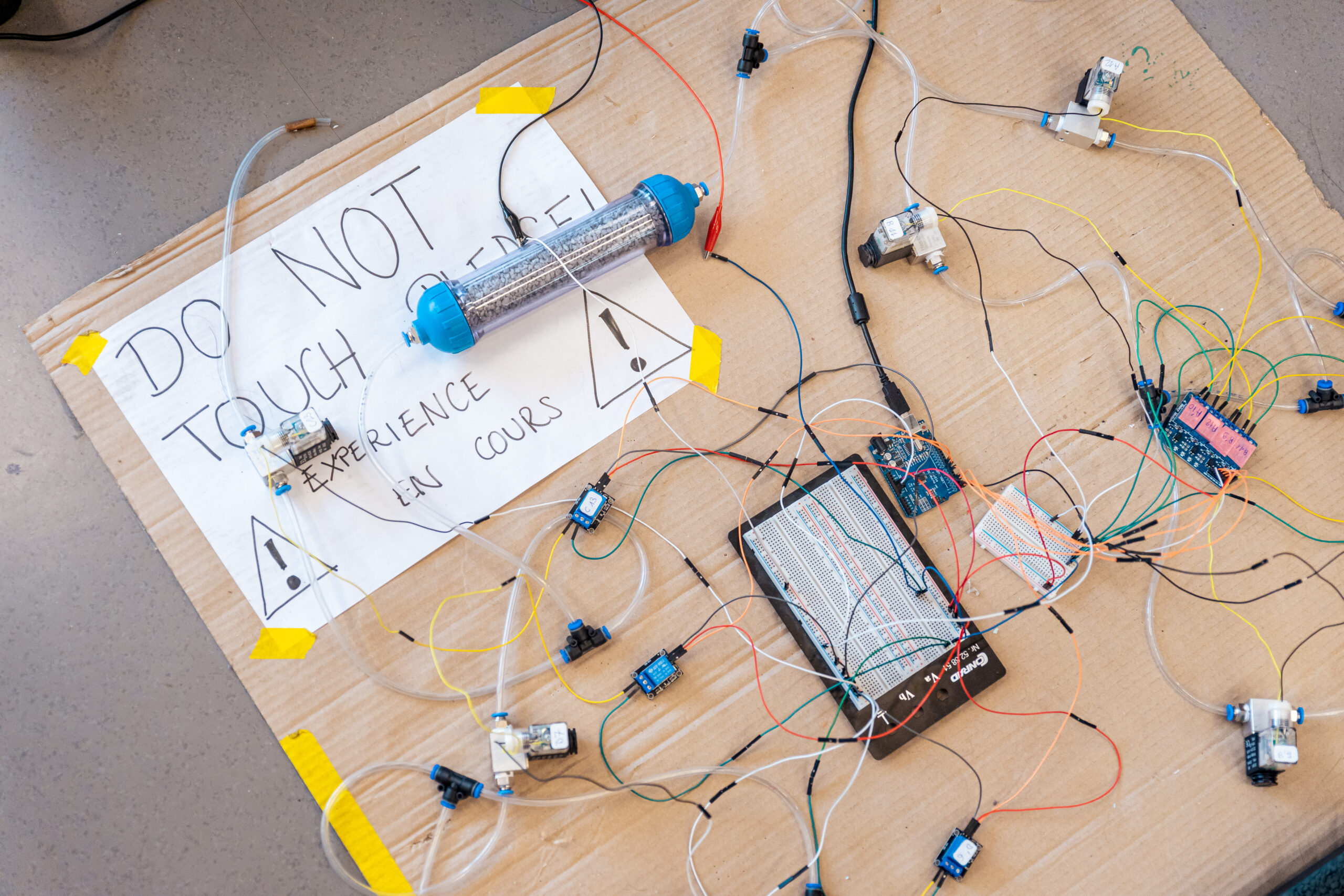
Citizen Science
The Citizen Science team is supporting a range of projects that engage people from all walks of life in research projects. A current focus is provision of training and education about participatory and citizen science activities
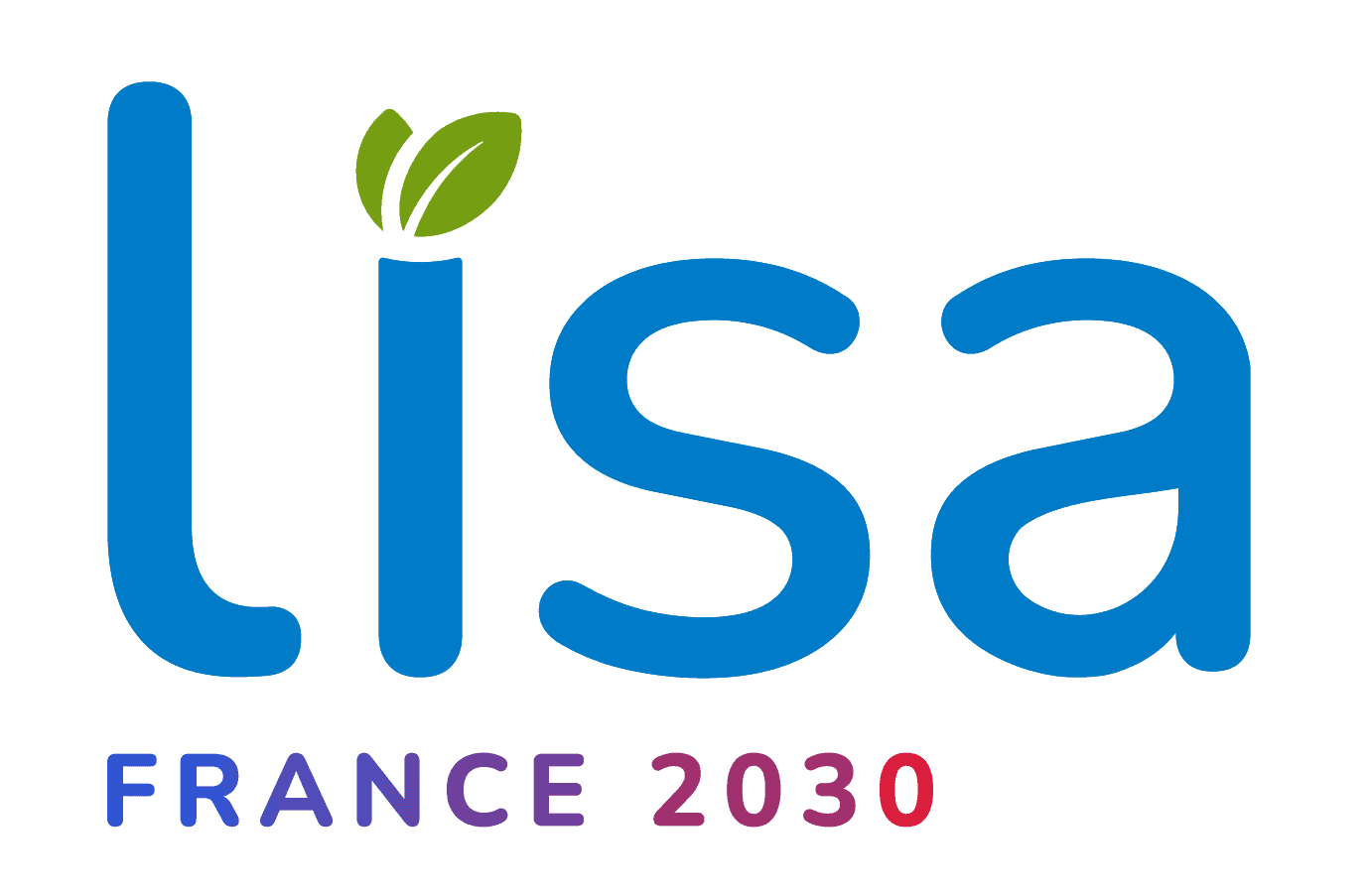
LISA France 2030
LISA France 2030 is a research-action project that aims to promote the development of individual students and the class as a whole, with an impact on well-being, the school climate and learning. LISA France 2030 enables to better understand, identify and work together to provide better support for the well-being and mental health of students.
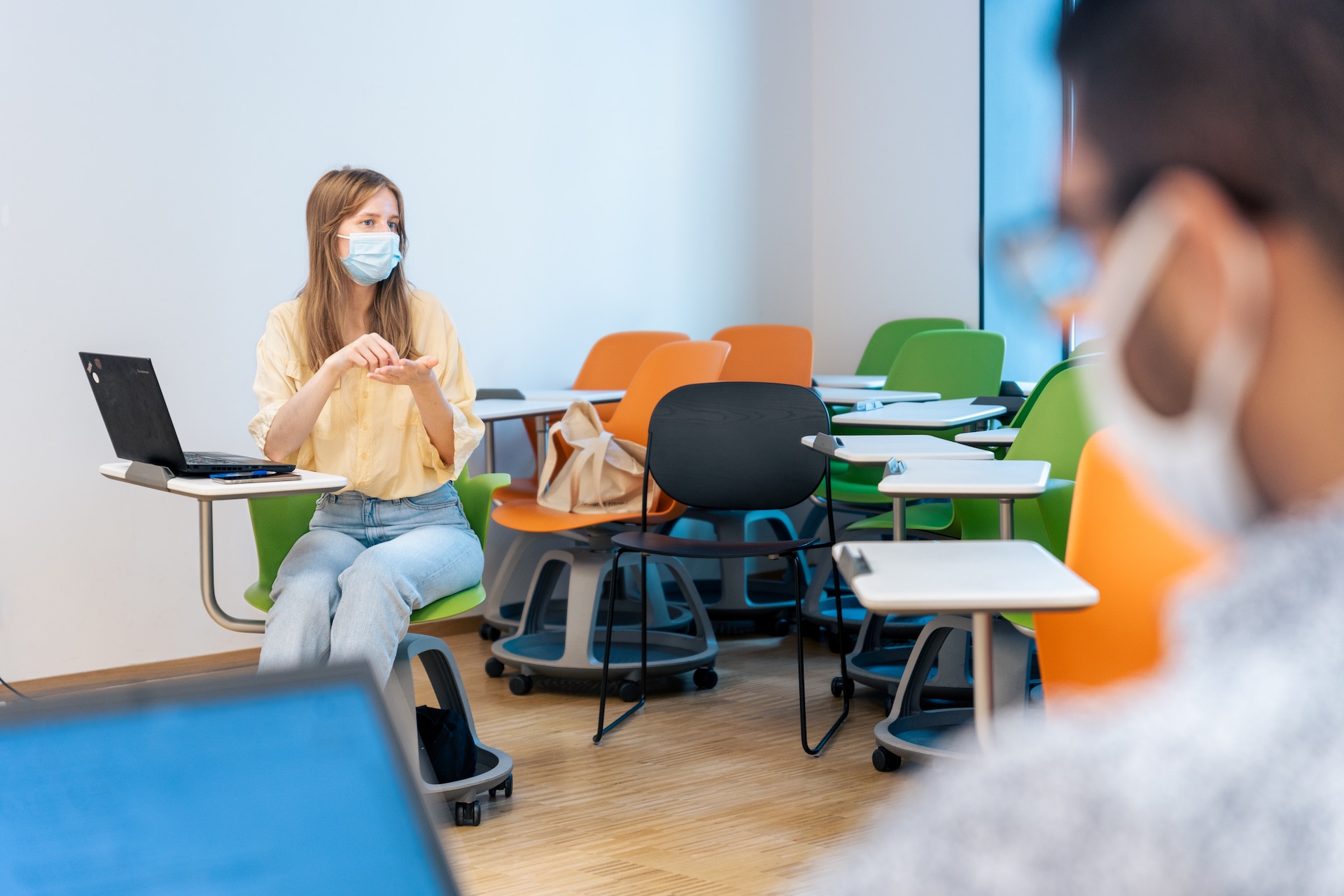
Social Computability Group
This research team works at the interface between sociology, machine learning and engineering, to better understand multidimensional polarisation in social networks
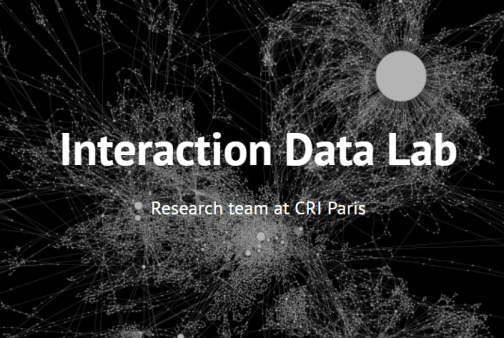
Interaction Data Lab
This team studies and models collaborative learning and problem solving, using network science and data analysis, with the aim of developing tools to foster collective intelligence for social impact

MALIN (inclusive school manuals)
This project aims to support children with dyspraxia with an interdisciplinary approach combining medicine, pedagogy, cognitive psychology, human-computer interfaces, digital accessibility and intelligent system design
